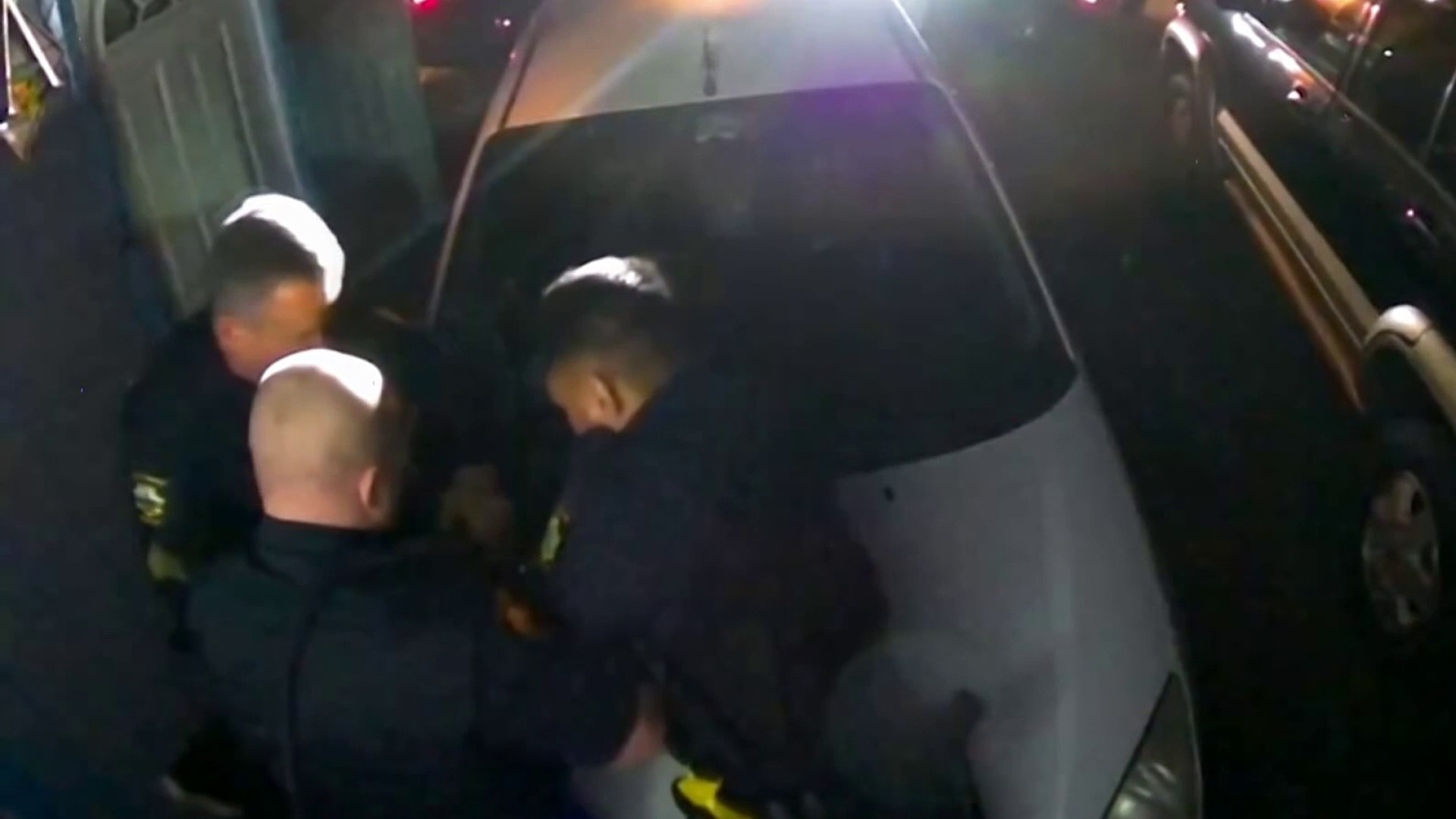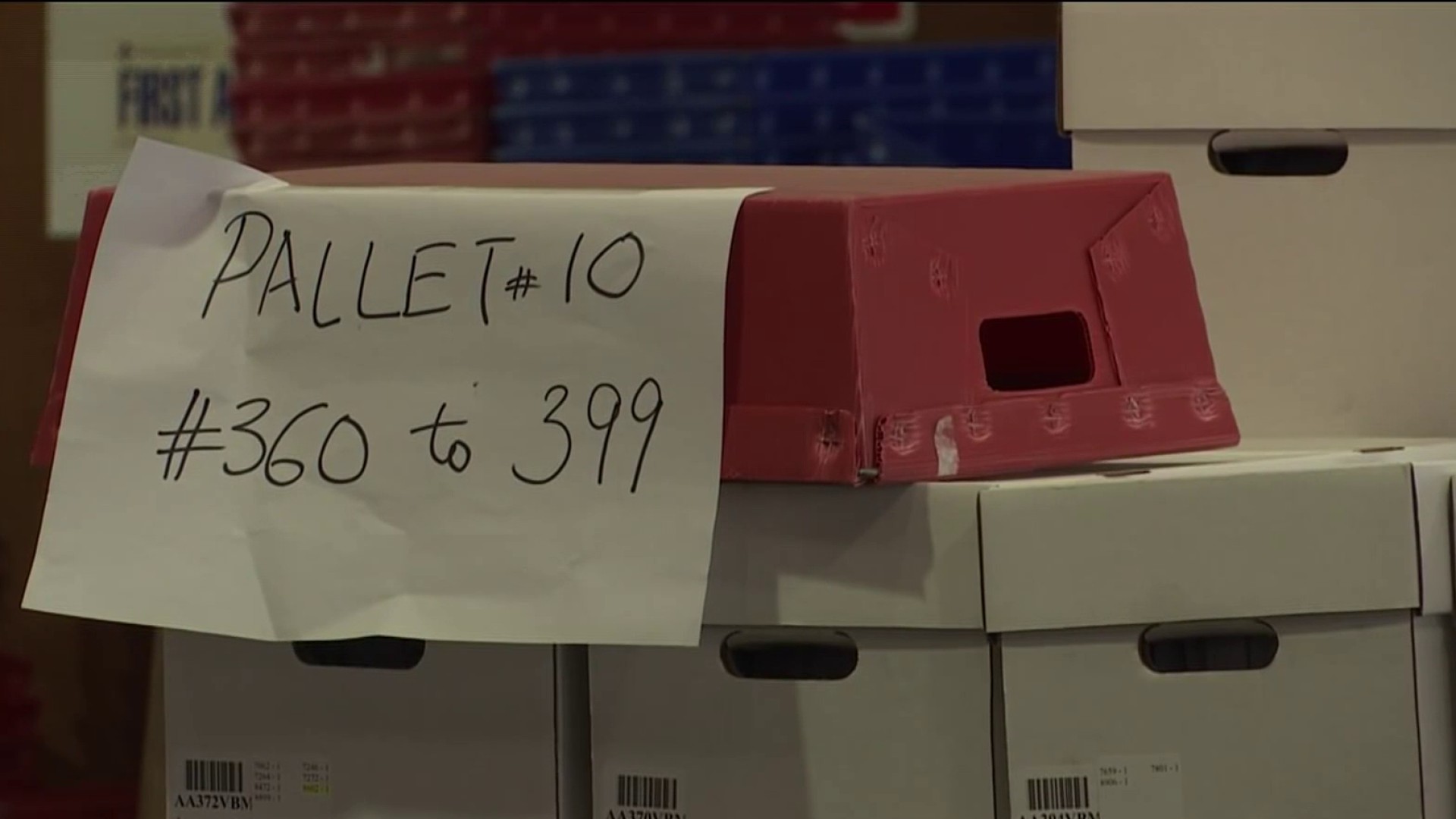California National Guard soldiers who received bonuses of $15,000 or more for their willingness to re-enlist and go to war now must pay back that money with interest, according to letters they received from the California Guard over the past decade.
Nearly 10,000 soldiers, many of whom served multiple combat tours, have been ordered to repay the large re-enlistment bonuses — and slapped with interest charges, wage garnishments and tax liens if they refuse — after audits revealed widespread overpayments by the California Guard at the height of the wars last decade, according to the Los Angeles Times, which first reported the story.
Members of Congress and veterans leaders on Monday called for federal action to absolve the debts. Maj. Gen. Matthew Beevers said the California National Guard is working with members of Congress to introduce legislation that, if approved and signed by the president, would order the National Guard Bureau to clear the debts of soldiers who were wrongly told they were eligible for bonuses.
"This is how you destroy all faith in a Pentagon that is supposed to have your back," Brian Duffy, head of the national service organization Veterans of Foreign Wars, told the Associated Press in an emailed statement. "Instead of seeking repayment, the Pentagon owes them a debt of thanks and an apology for insulting their honorable service to our nation."
Bay Area lawmakers also are fighting back. U.S. Rep. John Garamendi (D-Walnut Grove) called the payback plan "outrageous" and Monday proposed legislation to change the National Defense Authorization Act in a way that "it would tell the Department of Defense and the National Guard that they can't claw back retention bonuses."
U.S. Rep. Jackie Speier (D-San Francisco), who serves on the House Armed Services Committee, also is outraged and said she plans to investigate the reimbursement plan.
At least 54 members of Congress and the California Legislature sent letters to Secretary of Defense Ashton Carter asking that he halt the collections and provide further information.
Local
In 2012, Christopher Van Meter, an Iraq War veteran guardsman with 21 years of service and a purple heart, was stunned when he received the letter that said he had to repay $25,000 in re-enlistment bonuses and $21,000 in student loans.
"It was awful; it was gut-wrenching," said Van Meter, a Manteca resident. "I was frustrated and in denial and not sure what's going on."
Van Meter was not alone. The California National Guard sent similar letters to nearly 10,000 soldiers. The bonuses were supposed to be paid to soldiers in high-demand assignments such as intelligence or to noncommissioned officers badly needed in Iraq and Afghanistan.
In 2010, a federal investigation found thousands of bonuses and student loan payments were given to California guardsmen who did not qualify.
Van Meter and his wife fought the repayment for two years but ultimately began payments of $1,300 a month until that became too stressful on their household.
"In the end, we decided to refinance our house so the debt would go away in 2014," Van Meter said.
The Guard said the bonuses were paid with taxpayer money and legally they it must get the money back. A class-action lawsuit has been filed in federal district court in Sacramento on behalf of the soldiers who received bonuses.
"The problem we ran into is even with the old bonus payment, if the soldier was overpaid, the only avenue we had was debts initiated," said National Guard spokesman Michael Piazzoni. "But that doesn’t take away a soldier's due process to fight the debt. We’ve talked to thousands of soldiers, and we told them, 'You didn’t do anything wrong. You just weren’t authorized to receive this amount of money.'"
But many question why the very people who’ve given so much for their country are now being asked to give even more.
Many of the thousands of guardsmen who have not been able to pay back the money now face interest payments and penalties. Some have had their wages garnished.
So far, the guard has recovered more than $22 million.
The Associated Press contributed to this report.



